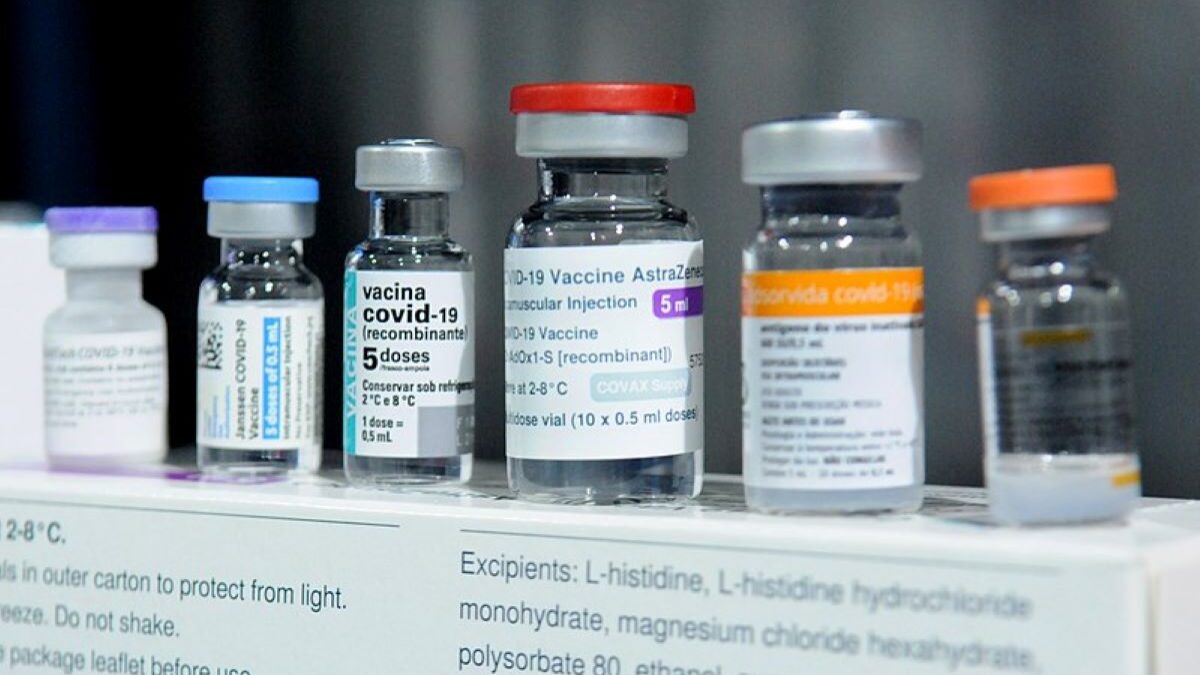Corporate media polls, including a new one from the Associated Press-NORC Center for Public Affairs Research, suggest Americans overwhelmingly support the creation of test tube babies via in vitro fertilization. There is an unreconciled discrepancy in that data, however, since a significant chunk of U.S. adults also disagree with the unethical methods that Big Fertility has adopted as standard practice for IVF.
AP-NORC recently determined, after surveying more than 1,000 respondents in June, that a majority of U.S. adults, 62 percent, favor shielding IVF from oversight and regulation.
The “majority” element of the seemingly apparent support for IVF goes away, however, when pollsters pressed respondents on their feelings about embryo destruction.
While 25 percent of U.S. adults said they support banning the destruction of embryos, just 33 percent of respondents claimed they are opposed. The plurality of respondents claimed not to have an opinion on the matter.
AP-NORC noticed that “the public is more divided regarding the fate of unused embryos produced during IVF and many lack firm opinions about this aspect of the process.” Yet, the Associated Press focused on support for IVF instead of this important nuance in its coverage of the results.
“More than 6 in 10 U.S. adults support protecting access to IVF,” the AP headline highlighting the poll results states.
The real nail in the coffin came when nearly half of U.S. adults, 46 percent, told AP-NORC that the statement “human life begins at conception” (something modern science, medicine, many states, and even pro-abortion biologists have repeatedly reaffirmed) “so a fertilized egg is a person with the same rights as a pregnant woman” represents their views “very” or at least “somewhat well.”
Reproductive tech like IVF, however, blatantly infringes on those rights by denying embryos a chance at survival outside of a lab via implantation in a womb.
In fact, IVF as a majority of facility facilities in the United States practice it today requires harvesting and fertilizing multiple eggs to increase the chances of successful petri dish conception. The hundreds of thousands of IVF cycles that occur in the United States each year mean many little lives are serially created only to be destroyed at a later date.
AP noted that “this view is in tension with some aspects of IVF care” but remained adamant that Americans oppose the pro-life push “for broader measures that would give rights and protections to embryos and fetuses.”
It should come as no surprise that the same outlets that routinely use poorly worded polls to advance their abortion agenda have applied the same tactics to their coverage of IVF.
Discrepancies like the ones present in the AP-NORC poll aren’t anomalies meant to be ignored or minimized just because they do not fit the framing of reproductive technology that corporate media like AP prefers. The real question pollsters should be asking is not “Do a majority of Americans support IVF?” but “Do a majority of Americans understand what it entails?”
The poll defines IVF as a “type of fertility treatment where eggs are combined with sperm outside the body in a lab to form an embryo” but did not mention that the majority of the manufactured embryos will be abandoned in freezers (which hurts an embryo’s survival chances) or discarded after genetic grading that lets parents handpick which of their children will get a chance at life. Nor did the poll disclose any of the other morally and ethically questionable practices that only exist because of IVF, including the serial sale of gametes and the creation of motherless and fatherless children.
If more Americans understood that IVF in most cases will result in the infringement of a baby’s natural right to life via the mass destruction of embryos, the “majority” number touted by AP would likely dwindle.









